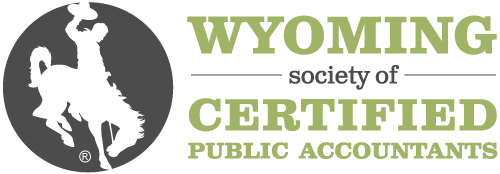Description
Test the treacherous (and shark infested) waters of tax, bankruptcy and financial problems. This course will teach participants how to apply, implement, and evaluate the strategic tax aspects of bankruptcy, property settlements, debt cancellation, and foreclosure. Current perspectives on asset protection, repossession, and bad debts are examined with an emphasis on planning considerations. The cancellation of indebtedness income inclusion rules are examined in the context of debt forgiveness and property foreclosure. Emphasis is given to the exceptions from income inclusion contained in 108. The tax treatment of property repossession under 1038 is explored with detail given to the calculation of gain and received property basis. Finally, eldercare and estate planning are reviewed and detailed.
Highlights
• Bankruptcy • Transfers Incident to Divorce • Asset Protection • Medical, Charitable and Casualty • Debt Cancellation & Foreclosure • Repossession • Bad Debts • Elderly & Disabled Planning • Estate Planning
Objectives
• Determine how the 2005 Bankruptcy Act changed procedures, qualifications and tax law, and identify the most common bankruptcy types noting their influence on how an individual or business "goes bankrupt." • Identify types of marital property and their likely division in marital property settlements and specify five legal principles used in dividing assets and providing support on divorce or separation. • Identify the types of creditors associated with asset protection and fraudulent transfers. • Cite variables that impact the deductibility of 170 charitable contributions noting qualified organizations and limitations for these purposes, and identify the types of contributions that can be made, their tax treatment, and substantiation requirements. • Recognize the effect that debt cancellation has on net worth and potential income inclusion from cancellation of indebtedness income, identify exceptions to the general income inclusion rule noting their tax effect. • Select which 1038 repossession rules apply to a transaction, and determine basis and gain or loss resulting from repossession of personal property using installment method and the non-installment method sales. • Determine bad debt categories noting their tax treatment and effect on accounting and reporting by: • Recognizing the concepts of worthlessness and true debt noting the unique characteristics of deductible nonbusiness bad debt. • Identifying the treatment of bad debts related to political debts, mechanics' liens and secondary liabilities on home mortgages. • Specifying the forms used to report bad debts and the tax treatment of recovered amounts
Designed For
This program is appropriate for professionals at all organizational levels.
Course Pricing
WYOCPA Member Fee
$469.00
Non-Member Fee
$619.00
Your Price
$619.00
Upcoming Courses
-
SUBSCRIPTION: Audit Skills for Client Management
April 1, 2025
-
SUBSCRIPTION: Audit Skills for Emerging Leaders
April 1, 2025
-
SUBSCRIPTION: Audit Skills for Beginners
April 1, 2025
View all upcoming courses
